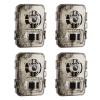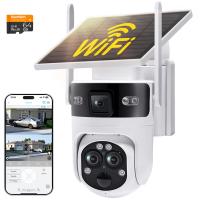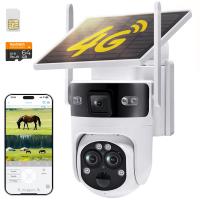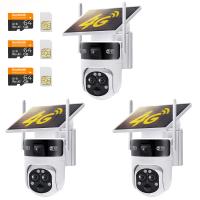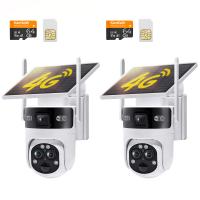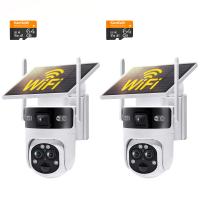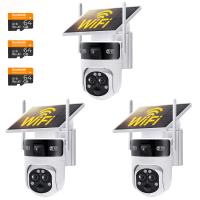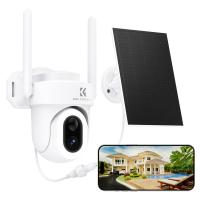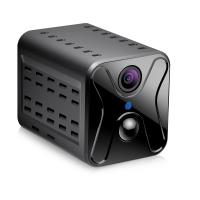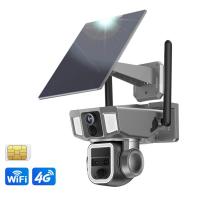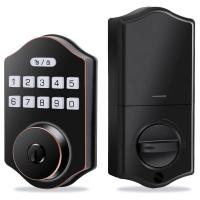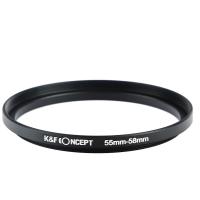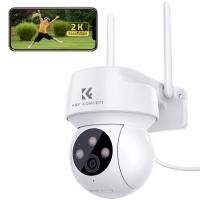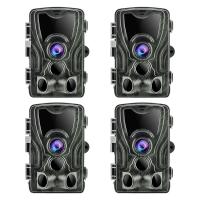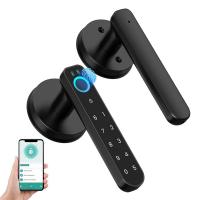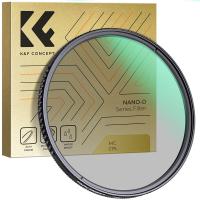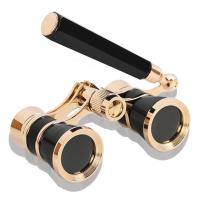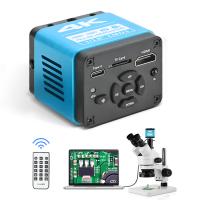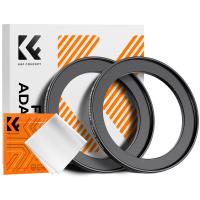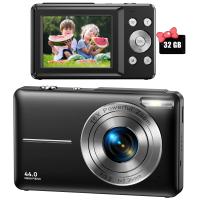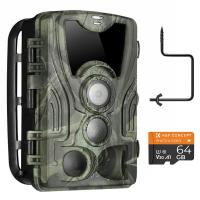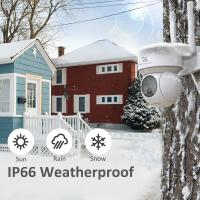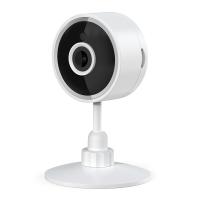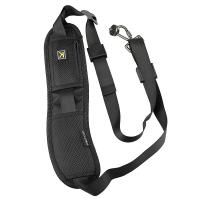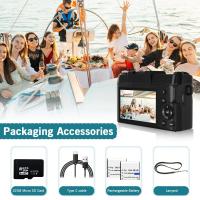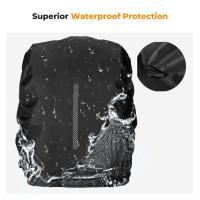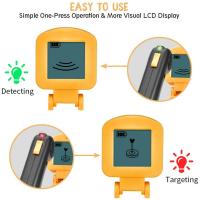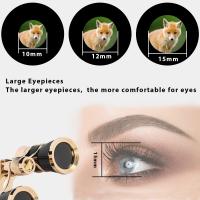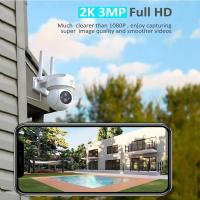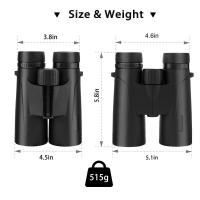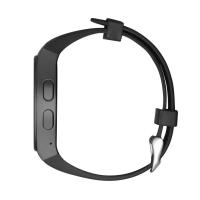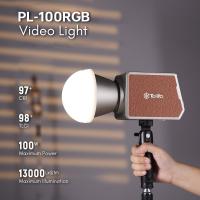How Much To Install Home Security Camera?
Home security systems have become a vital part of protecting homes and families, offering peace of mind in a world where security threats are a growing concern. If you're considering installing a home security camera system, one of the first questions you'll likely have is, "How much will it cost?" The answer varies widely depending on a number of factors, including the type of camera system, the installation process, and any additional components or services you may need. In this article, we'll break down the costs related to home security camera installation and guide you through the decision-making process.
1. Types of Home Security Cameras and Costs
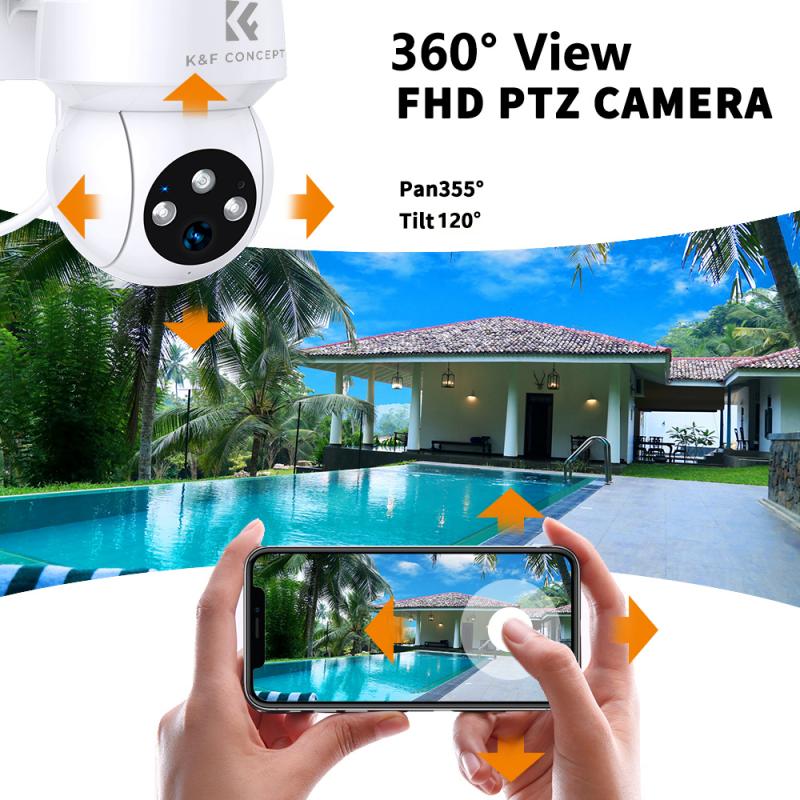
The type of security camera system you choose plays a significant role in determining the overall cost. Generally, home security cameras can be divided into the following categories:
- Wired Cameras: These require a direct connection to a power source and a network, often through Ethernet cables. Wired cameras are reliable for long-term use, but installation tends to be complex and costly.
- Typical hardware cost: $50–$500 per camera
- Installation cost: $100–$200 per camera
- Total cost for a typical system (4 cameras): $600–$2,800
- Wireless Cameras: Wireless cameras connect to your Wi-Fi network and are easier to set up than wired options. However, they require regular battery replacement or charging if they aren't plugged into a power outlet.
- Typical hardware cost: $60–$350 per camera
- Installation cost: $0–$150 per camera (depending on whether you DIY or hire a professional)
- Total cost for a typical system: $240–$2,000
- Smart Cameras: These are advanced cameras that integrate with smart home systems and often come with features like facial recognition, two-way audio, and motion tracking.
- Typical hardware cost: $200–$500 per camera
- Installation cost: $0–$200 per camera
- Total cost for a system: $800–$3,200
- Doorbell Cameras: Compact cameras built into doorbells, these are ideal for front-door monitoring and offer both video and audio interaction.
- Typical hardware cost: $100–$300 per unit
- Installation cost: $50–$150 (installation is simpler than standalone systems)
- Total cost for a system: $150–$450
2. Installation Options and Their Costs
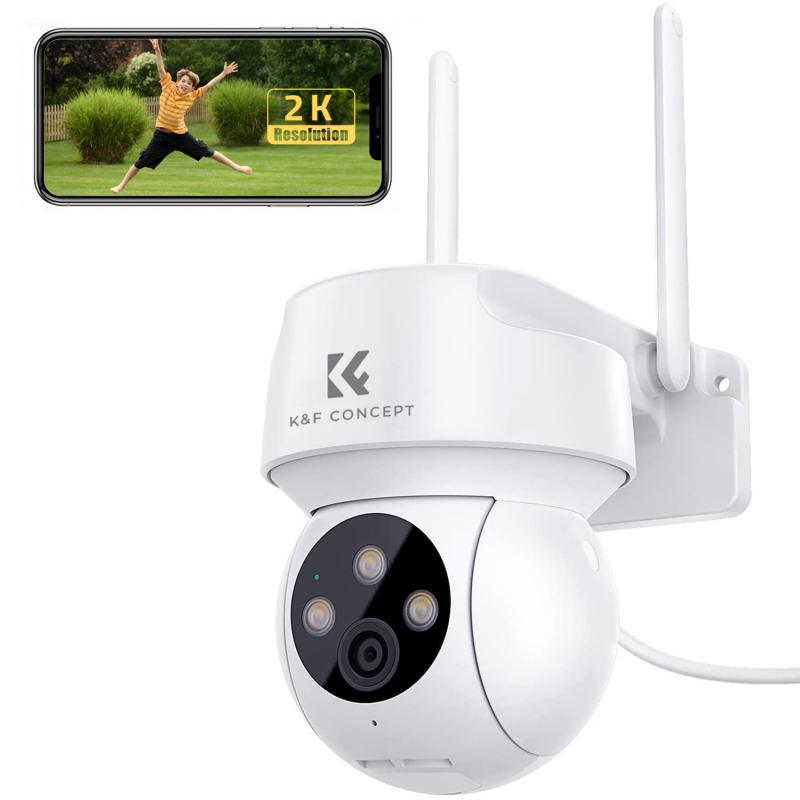
The installation process for security cameras can vary greatly, depending on whether you install the system yourself (DIY) or hire a professional.
- DIY Installation: If you're tech-savvy and willing to follow instructions, a DIY setup can save you hundreds of dollars. Many wireless systems are designed for easy installation, requiring just a few tools and minimal time.
- Advantages: Lower costs, no need to schedule professionals
- Costs: $0–$50 (for basic tools or accessories)
- Professional Installation: Hiring a professional ensures the job is done correctly and efficiently, especially for wired systems that may involve drilling and cable routing.
- Advantages: Professional expertise, seamless setup
- Costs: $100–$500, depending on the complexity of the installation
For an average home with four cameras, professional installation could range from $400 to $1,000.
3. Additional Costs to Consider
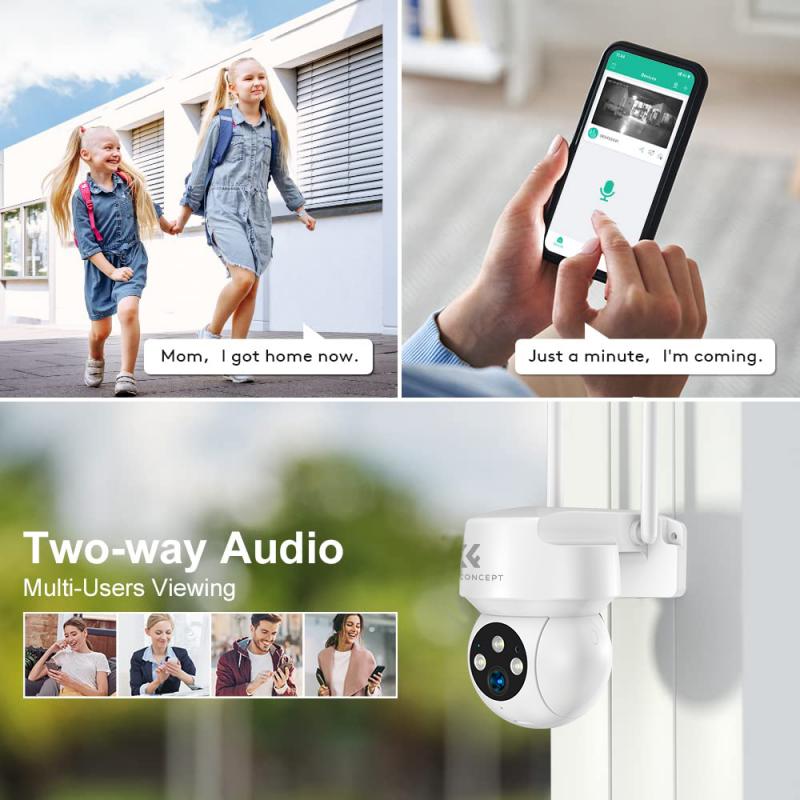
When budgeting for a security camera system, it’s important to consider the following additional costs:
- Cloud Storage: Many modern cameras store footage in the cloud, requiring a subscription for data storage.
- Costs: $3–$30 per month, depending on the provider and storage space
- Video Monitors: If you want a dedicated monitor to view your camera feeds, you'll need to purchase one.
- Costs: $50–$300
- Power Sources and Cables: For wired systems, additional costs may arise from purchasing cables, adapters, or power outlets.
- Costs: $10–$50 per component
- Ongoing Maintenance: Replacing batteries, servicing the equipment, or upgrading components over time can add to the overall expense.
- Costs: Variable
4. Factors That Influence Costs
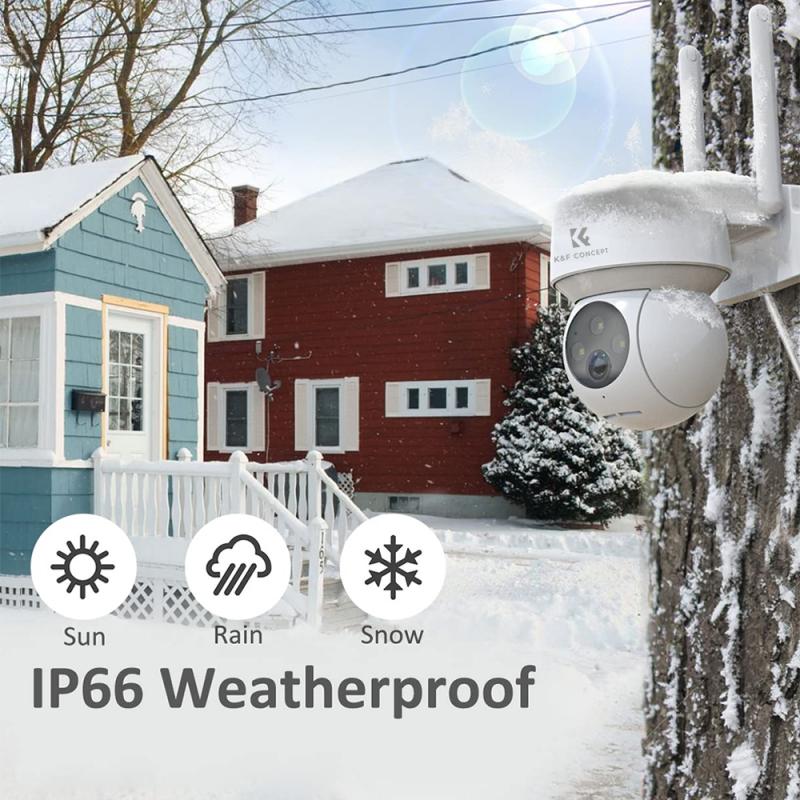
Several factors can affect the overall cost of installing home security cameras. Being aware of these factors can help you plan your budget more effectively:
- Location and Number of Cameras: Covering a larger property or multiple entry points typically requires additional cameras, which increases both hardware and installation costs.
- Home Layout: Complex setups, like multi-story homes or properties with hard-to-access areas, may require more labor during installation.
- Features and Quality: Cameras with advanced features like night vision, 4K resolution, or pan-tilt-zoom capabilities will cost more than standard models.
- Integrated Systems: If you’re integrating cameras into a broader smart home setup or security system, expect additional costs for compatibility and connections.
5. Is DIY or Professional Installation Better?
Choosing between a DIY and professional installation comes down to three main factors: budget, technical know-how, and the complexity of the system.
- DIY Installation is ideal for smaller, wireless systems that come pre-configured. If you’re tech-savvy and comfortable with basic tool use, this option can save you hundreds of dollars.
- Professional Installation is better for wired systems, larger properties, or if you want a fully customized setup. While it costs more, the expertise ensures optimal placement and reliable operation.
6. Tips for Lowering Costs
If you're concerned about spending too much on installation and equipment, here are some ways to minimize your investment:
- Start Small: Begin by installing cameras in the highest-priority areas, such as your front door and backyard, then expand your system as your budget allows.
- Shop Smart: Look for deals, bundles, or refurbished equipment from reputable brands.
- Maintenance Planning: Invest in cameras with long-lasting batteries or low maintenance requirements to save on future costs.
- Negotiate Installation Rates: If you plan to hire a professional, don't hesitate to get multiple quotes and negotiate the price.
7. The Importance of Installing the Right Camera System
Investing in a home security camera system isn’t just about protecting your property from theft or vandalism—it’s also about assuring your peace of mind. An effective system will allow you to monitor your home from anywhere, deter criminal activity, and alert you to potential dangers. In some cases, having security cameras can even reduce your homeowner's insurance premiums.
The key is to install a system that aligns with your specific needs—not to overspend on features you won’t use or skimp on critical components. Whether it’s a simple doorbell camera or a fully integrated, professionally installed system, the right choice will depend on your home setup, budget, and security concerns.
The cost to install a home security camera system can range from a modest $150 to an extensive $3,000 or more, depending on the type, number of cameras, and installation method. By understanding your needs, weighing your options, and considering both upfront and ongoing costs, you can make an informed decision that enhances your home’s security without breaking the bank.
Ultimately, home security is an investment in your family's safety and well-being. By carefully planning and choosing wisely, you can design a system that fits your needs while keeping costs under control. Whether you go for a cost-effective DIY installation or a high-end professional system, the peace of mind you’ll gain is worth every penny.

